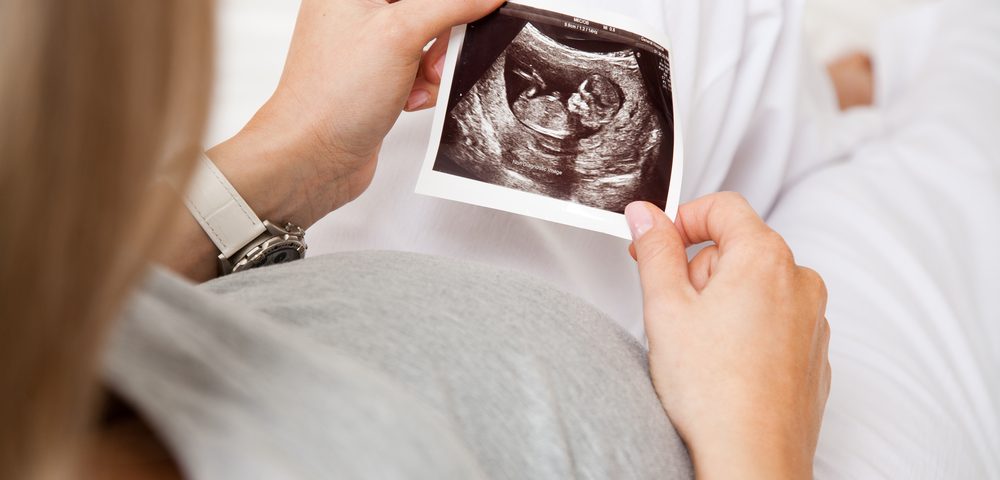Researchers, working with mice, reported that a specific protein stopped the proliferation of mammary cells during pregnancy, a cause of the formation of breast tumors. This protein may be of interest in breast cancer in people, specifically those with luminal B breast cancer.
The study, “Deficiency of X-Linked Protein Kinase Nrk during Pregnancy Triggers Breast Tumor in Mice,” was published in the American Journal of Pathology.
An increase in estrogen production in breast adipose tissue has been linked to cancer development in postmenopausal women. Indeed, one of the most characteristic features of breast cancer is its estrogen dependency, and a growing body of clinical evidence indicates that estrogen plays a critical role in the development of this cancer.
Likewise, estrogen-dependent proliferation of mammary epithelial cells takes place during pregnancy — which is required to enable lactation — although it is known to stop in a pregnancy’s later stages. How this cell proliferation — from start to end — is regulated in the body, however, is poorly understood.
For this reason, researchers in Japan focused on a protein kinase that is encoded in the X chromosome, called Nrk. Professor Masayuki Komada, from the Department of Biological Sciences at the Tokyo Institute of Technology, and colleagues studied the workings of the Nrk protein using mice with an Nrk gene altered so that they were incapable of producing the Nrk protein.
Nrk-mutant mice who had repetitive pregnancies were seen to frequently develop breast tumors. But mutant mice with no previous pregnancies did not, suggesting that Nrk-related tumorigenesis was linked to the proliferation of mammary epithelial cells during pregnancy.
Microscopic examinations of tissue revealed that the type of breast tumors in these mice were non-invasive tubular adenocarcinomas (a relatively benign tumor). This breast tumor was also found to be positive for estrogen receptor alpha (ER alpha) and cell proliferation marker Ki67, and negative for receptor tyrosine kinase HER2/ErbB2, suggesting that it has characteristics similar to human luminal B breast cancer. Luminal B breast cancers are estrogen-receptor positive (ER+), and these low-grade tumors grow quickly and are associated with poor prognosis.
The researchers also found that mammary glands in the Nrk-mutant mice can have an abundance of dense clumps of ER alpha-positive mammary cells at late stages of pregnancy, and they believe may be the origin of these breast tumors.
They also found evidence that Nrk could be working to terminate the proliferation of mammary cells later in a pregnancy, as mice with normal Nrk only showed expression of this protein in the mammary glands at late pregnancy stages, but it was not evident in the mammary glands of non-pregnant mice.
Additionally, the researchers found that compared to wild-type mice, Nrk-mutant mice had two times as high blood estrogen levels at late stages of a pregnancy, suggesting that Nrk may be involved in the regulation of estrogen synthesis or secretion.
These findings led the researchers to suggest that mammary tumorigenesis in Nrk-mutant mice may be caused by both excessive blood estrogen and a faulty proliferation of mammary cells.
Humans have a gene that is similar to the murine Nrk gene. Since the gene expression pattern found in breast tumors of Nrk-mutant mice was identical to that observed in human luminal B breast cancers, this study may offer new insights in the mechanisms of human breast cancer suppression, and lead to improvements in breast cancer diagnosis and treatment.
“Because Nrk mutations possibly increase the susceptibility to breast tumor also in humans, it is important to continuously examine the presence of Nrk mutations in patients with breast tumor,” Komada and colleagues wrote.

